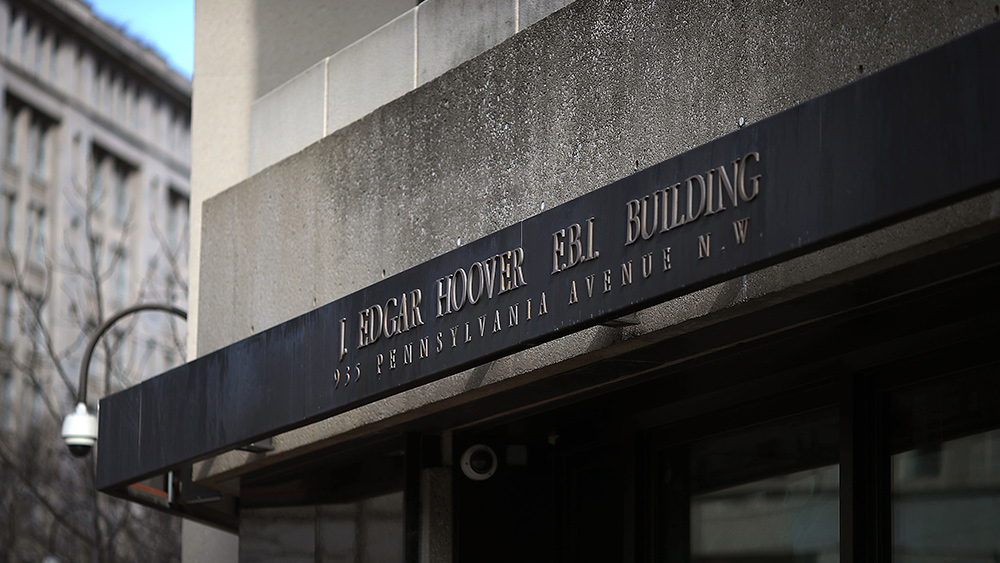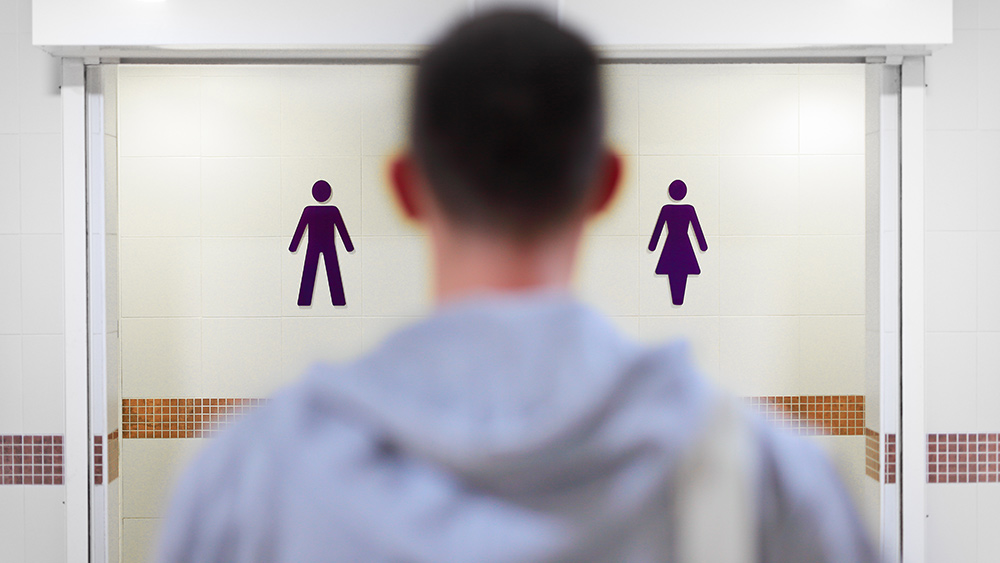
The Global Preparedness Monitoring Board (GPMB), a body convened by the World Health Organization (WHO), has called for a global pandemic simulation.
The proposed simulation exercise would involve Members of the States and key stakeholders, assessing the draft accord and International Health Organization (IHR) amendments before finalization and adoption in 2024. It is expected to take place later this year, offering insights into the strength, equity, coherence and accountability mechanisms of the proposed treaty and amendments.
Joy Phumaphi, the co-chair of the GPMB, emphasized the urgency of testing the new terms. "We feel very strongly that we cannot wait for the next emergency to find out how well the pandemic accord and the IHR amendments will work; we need to know now," Phumaphi said. She proposed that member states, along with other key stakeholders, participate in the simulation exercise based on the draft accord and amendments later this year.
During the assembly, Tedros Adhanom Ghebreyesus, the head of the WHO, also stressed the importance of commitment from the present generation to such an accord, highlighting the devastating impact of the Wuhan coronavirus (COVID-19) pandemic. (Related: Study finds US hospitals are not prepared for the next pandemic.)
He even warned that the next pandemic was inevitable, urging countries to take immediate action. "If we do not make the changes that must be made, then who will? And if we do not make them now, then when?"
NGOs and health experts protest against negotiations behind closed doors
While negotiations among 194 nations have been ongoing to centralize pandemic-related actions within the WHO, the process has taken place behind closed doors in Geneva.
In April, delegates from the U.S., along with their Chinese counterparts, agreed to keep the new IHR private from the public. As a response, several nonprofit organizations and health experts voiced their protest against the secrecy through a letter addressed to Health and Human Services Secretary Xavier Becerra and Secretary of State Antony Blinken.
"The attempt to create a veil of secrecy now surrounding the substantive and technical text-based negotiations on the WHO pandemic treaty sets a dangerous precedent for norm-setting at the multilateral level," they wrote. "It also undermines trust in the process at a time when attacks on the WHO and on the pandemic accord are increasing."
Similarly, Ambassador Pamela Hamamoto, a U.S. representative, stated: "At this stage, I have some concern about sharing the draft to all stakeholders given where we are in the process."
Amid the controversy, the GPMB released its Manifesto for Preparedness, emphasizing the need for a coordinated approach to pandemic prevention, preparedness and response (PPPR) involving all countries, international and regional organizations, financial institutions and the private sector.
Its vision aligns with the concept of "One Health," which broadens the scope of the pandemic response, including various factors such as farming, poverty, and climate change. These factors can either contribute to or exacerbate outbreaks and impact people's overall health.
David Bell, a public health physician and former WHO staff member specializing in epidemic policy, explained that "One Health" encompasses anything in the biosphere that affects human well-being. The current negotiated terms aim to expand the WHO's mandate and grant it the authority to respond not only to actual pandemic emergencies but also to perceive pandemic threats.
More related stories:
Is the WHO planning to unleash climate lockdowns as the next "pandemic?"
Bill Gates: Next pandemic likely to be man-made and worse than COVID-19.
The next "pandemic" is already planned: SARS + HIV + H5N1 (bird flu).
Sources include:
Please contact us for more information.


















